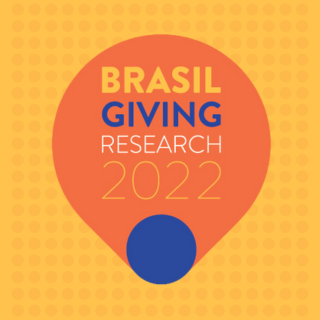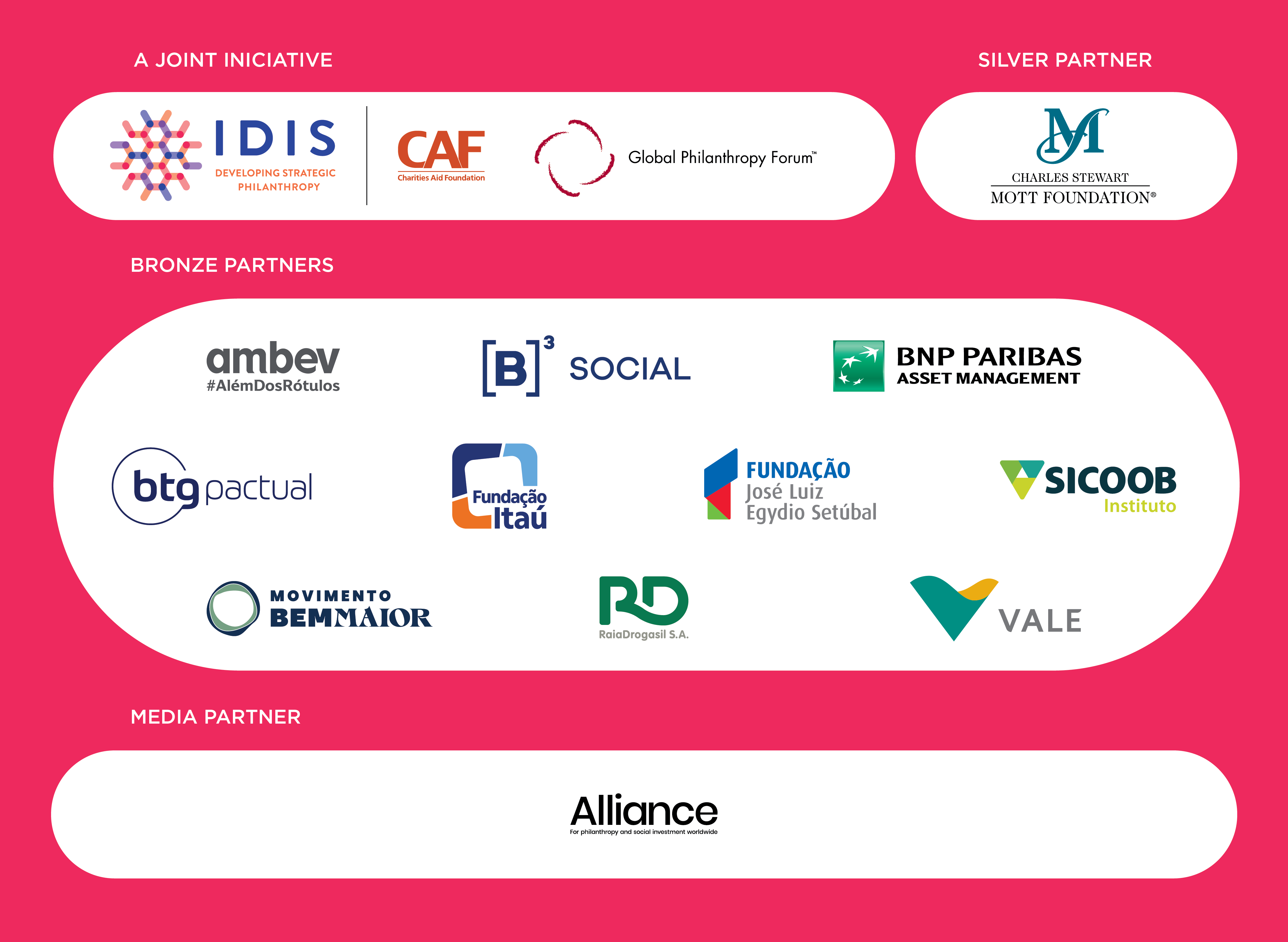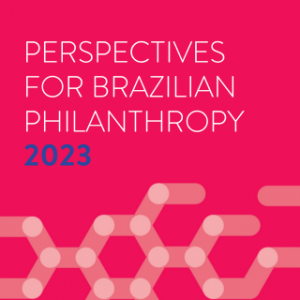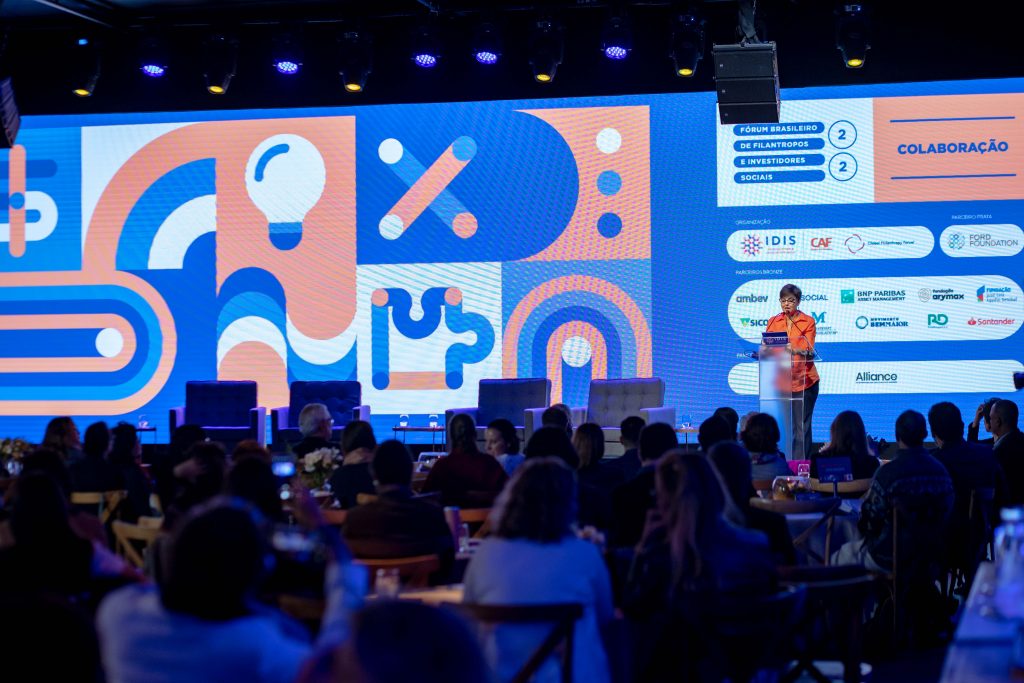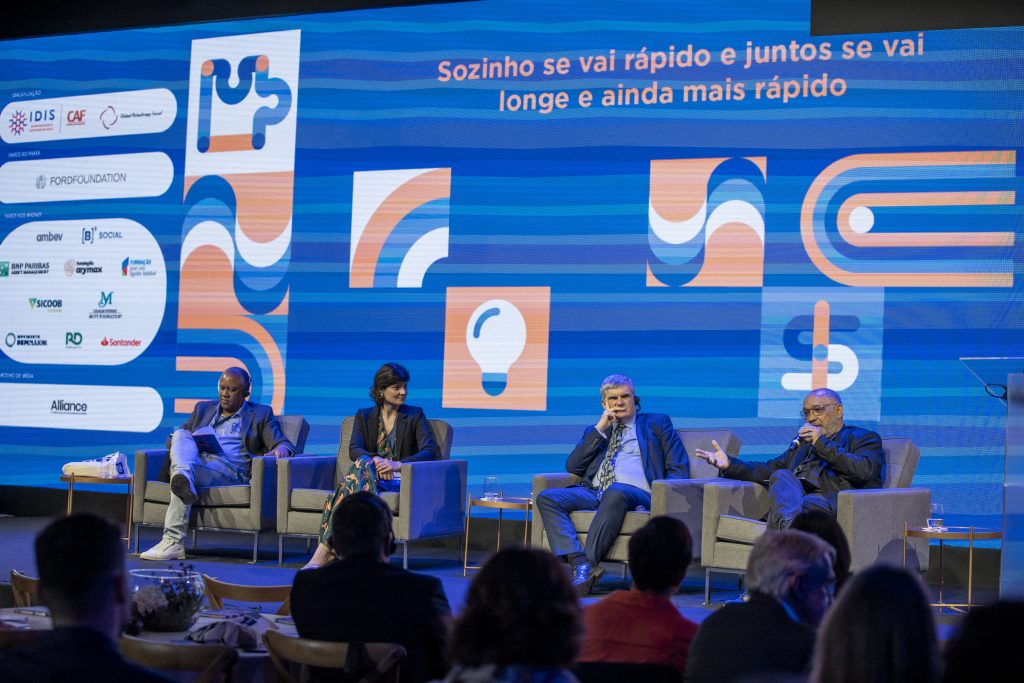Paula Jancso Fabiani CEO of IDIS and Luisa Lima Communications Manager at IDIS.
Collaboration and strengthening civil society organisations are key to tackling Brazil’s social inequality, a new report from the Institute for Development of Social Investment asserts.
It’s easier to make a fortune than to give money away wisely, Andrew Carnegie said in the 19th century. More than 100 years separate us from that statement, but it´s still an idea that philanthropy reckons with as year by year, it tries to evolve. While global trends are helpful to anyone working in the sector, a local understanding is crucial.
In this article, we share some perspectives on philanthropy in Brazil from our research, which we hope are useful to anyone interested in contributing to development in our country or their own.
The pandemic and philanthropy in Brazil
Brazilian philanthropy had been characterized by a project-making vocation for many years, but when the pandemic struck, the sector had to quickly work to respond to the moment’s urgency. Many philanthropists realised it would be more efficient to finance projects led by civil society organisations (CSOs) than to try to build solutions themselves – CSOs had more knowledge about the problems, were close to the beneficiaries, and had implemented solutions. Corporate giving in Brazil reached its peak in 2020, and most of the resources for dealing with the effects of Covid-19 were allocated to third parties.
In this context of increasing grantmaking, another trend was strengthened. Besides the success of the projects funded, philanthropists became also concerned with the survival of CSOs. The deficiency of project focused grantmaking was more visible during the pandemic, when hundreds of organizations, were prevented from continuing their activities, having, sometimes, no resources to maintain their own structures. Many received donations of food for distribution but could not find donors to support them pay the rent or the electricity bill. This logic is slowly changing in the country with the emergence of philanthropic entities focused on the institutional strengthening of CSOs, meaning good management, capable teams, and a financial structure with reserves to face adversities.
Philanthropy in Brazil was developing towards long-term investments. Strategic philanthropy, planning aimed at systemic changes and influence on public policies increased as a practice, as well as the importance of endowments and impact assessment. This transformative approach was leading the way towards the search for more definitive answers to problems.
Nonetheless, the health crisis and its consequences boosted emergency actions, such as direct distribution of food, basic supplies and even cash transfers. Urgency required immediate reaction. During this period, unemployment, hunger, and poverty grew in Brazil, deepening the inequality gap. The societal demands have expanded because the pandemic has shown, for instance, that those who do not have access to internet cannot study and miss opportunities for health care.
Expanding the learning from pandemic response to other causes
During this moment, some causes gained new attention. Racial equality, fighting climate change, and access to technology and connectivity have particularly stood out. And other urgent causes were reinforced such as the fight against poverty, the protection of democracy, and the struggle for human rights and equity for other minority groups.
When putting a light on corporate giving, some factors have contributed to a higher engagement. Many became involved for the first time in 2020 and some decided to continue the practice, even after the most dramatic moment of the pandemic. As reported in the 2020 GIFE Census, 60 per cent of the donating companies declared that they intend to maintain or increase the total amount of social investments in the years ahead. This positioning is consistent with the pressure from investors and consumers.
On the investors’ side, the ESG (Environment, Social and Governance) agenda gained relevance. Nevertheless, Brazilian companies still invest relatively little in following ESG guidelines. The room for development is immense, and there´s a growing understanding that philanthropy is a path to strengthen the ‘Social’ pillar of the acronym.
On the consumer side, there is increasing pressure for companies to take a stand and intercede when the government does not solve society’s problems. According to Edelman Trust Barometer 2021, more than two-thirds (68 per cent) of the population agrees with this statement, and 59 per cent of Brazilians expect CEOs to speak out publicly about social issues.
Above all, no single institution or sector, in isolation, has the solution to the complex problems that we face nowadays. The world in general, and Brazil particularly, are experiencing intense polarisation that fray the social fabric and makes dialogue difficult. Philanthropists, however, can build partnerships helping to connect CSOs, companies and government. If we had to choose only a word to summarize all that is needed, it would be collaboration. The pandemic has made it clear that we get further when we walk together and, contrary to the saying, we can get there faster too.
Article originally published at Alliance Maganize’s blog (click here) on June 4th
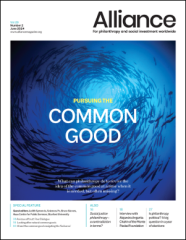 Paula Fabiani, CEO of IDIS, offers a Brazilian perspective in this edition, adding depth to the discussion.
Paula Fabiani, CEO of IDIS, offers a Brazilian perspective in this edition, adding depth to the discussion.
